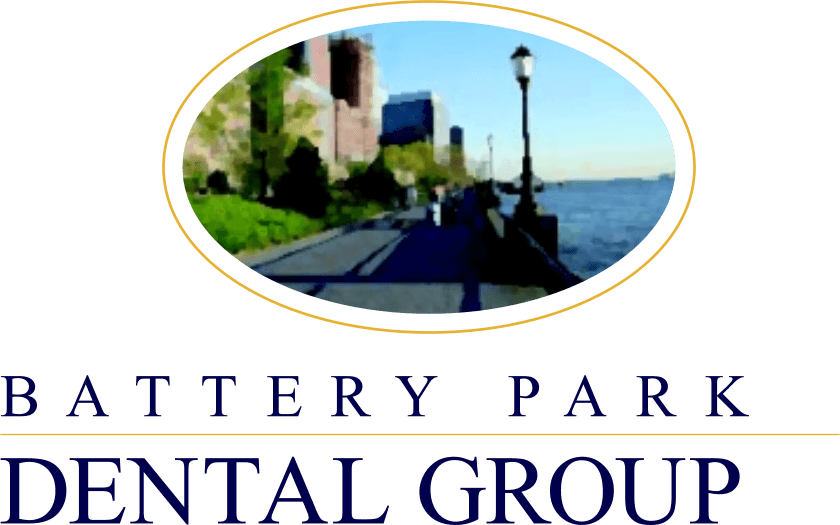After Sinus Lift
The following information applies when upper jaw bone height or width have been lost. The graft is placed to help restore your jawbone in preparation for possible implant replacement of the missing tooth or teeth.
You have had a Sinus Lift Augmentation procedure in your upper jaw. This procedure regains lost bone height in the area of your first and second molar and occasionally second premolar. It is an important procedure as it allows implant placement in an area that could not be implanted otherwise because of insufficient bone height due to an enlarged sinus.
The bone that has been grafted is most commonly a combination freeze-dried bone, artificial synthetic bone and your own bone. Because of this you may have two post-surgical wounds: the donor site and the recipient site.
Sinus Precautions
No nose blowing
No spitting
No straws
No heavy lifting
No bearing down (Valsalva maneuver)
Sneeze with your mouth open
No musical instruments requiring blowing
No blowing up balloons
DO NOT UNDER ANY CIRCUMSTANCES. BLOW YOUR NOSE FOR THE NEXT FOUR (4) WEEKS. This may be longer if indicated. You may sniff all you like but NO BLOWING.
Scuba diving and flying in pressurized aircraft may also increase sinus pressure and should be avoided. Decongestants such as Drixoral, Dimetapp, or Sudafed will help reduce pressure in the sinuses.
Antibiotics
Be sure to take the prescribed antibiotics as directed to help prevent infection
Oral Hygiene
Do not rinse or spit on the day of your surgery. This tends to disturb the blood clot, open the wound and can prolong bleeding and slow healing. You should not have a significant amount of blood in your mouth. Saliva can be swallowed, even if slightly blood tinged.
Keeping your mouth clean after surgery is essential to reduce the risk of infection. Start salt water rinses the day following your procedure. Use one-half teaspoon of salt dissolved in an 8 ounce glass of warm water and gently rinse with portions of the solution, taking five minutes to use the entire glassful. Repeat as often as you like, but at least four to five times daily and always after eating for the next five days.
Do not brush the teeth in the area of surgery for 48 hours. When brushing, be very gentle. When expectorating, also be gentle.
We may prescribe an antibiotic rinse (Chlorhexidine, PerioGard, and Peridex) for certain procedures. This rinse should be used in the morning and at bedtime after routine mouth care. Do not eat or drink or rinse your mouth after using the medicated rinse. Using this rinse more than two times a day will cause staining of your teeth.
Smoking
Do not smoke for at least two weeks after surgery, if at all. As discussed at your consultation, smoking dramatically increases the risk of bone graft and sinus augmentation failure. The Doctor can prescribe a NicoDerm patch if you feel you need it.
Wearing your Prosthesis or Nightguards
Partial dentures, flippers, or full dentures should not be used immediately after surgery until your post-operative appointment unless specifically instructed otherwise. Please contact the office if there is any question. If you have a temporary flipper to wear do not place it until the numbness in the area is gone. When it is placed it should not touch the gums in the area of the surgery. If it does, this can cause ulceration of the wound edges and breakdown of the suture margins. This can lead to loss of the graft. If you have questions about the fit of your flipper, partial or complete denture, do not wear it until your general dentist or our office can see you.
Post-Operative Problems or Complications
As with any procedure, unexpected post-operative healing can occur. If you notice the unexpected flow of air or liquids between your mouth and nose, please let us know immediately.
If you are aware of several small particles of graft material being discharged from your nose, let us know as well.
If you experience sinus or nasal congestion on the side your surgery was performed, let us know.
If there is an increase in swelling in your mouth, cheek or under your eye after 3 days, let us know.
It is our desire that your recovery be as smooth and pleasant as possible. Following these instructions will assist you, but if you have questions about your progress, please call the office.

